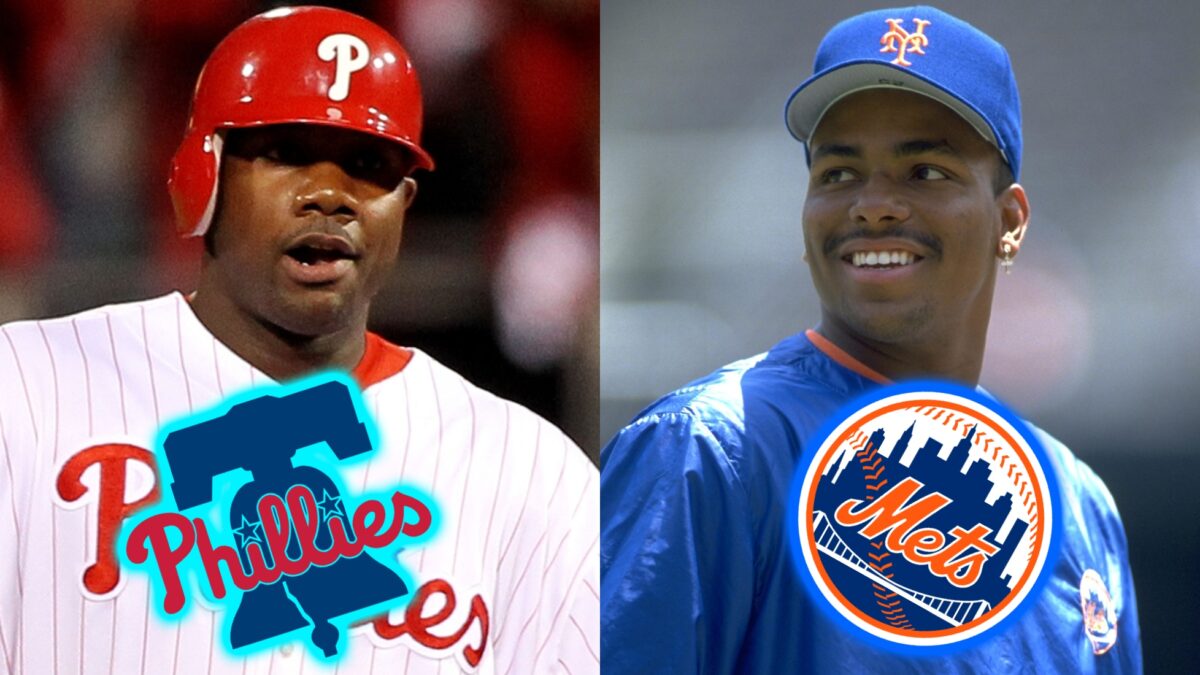
Free Agency can be a tricky game. There’s a lot that goes into signing a free agent to a long-term deal, from team harmony to long-term success. More often than not, deals do not work out for both parties. By the time most players reach unrestricted free agency, they are in the middle of their prime years. A long-term contract pays the players more for what they have done rather than what they will do. Small and mid-market teams often must be extra cautious as they lack the financial resources available to the larger market clubs. The wrong move by these clubs can set an organization back years.
Let’s take a look at Free Agency Past and examine 10 Free Agency signings that destroyed a franchise. Keep in mind, that the term destroyed was loosely applied.
Chris Davis, Baltimore Orioles (2016 – 7 years, $161 million)
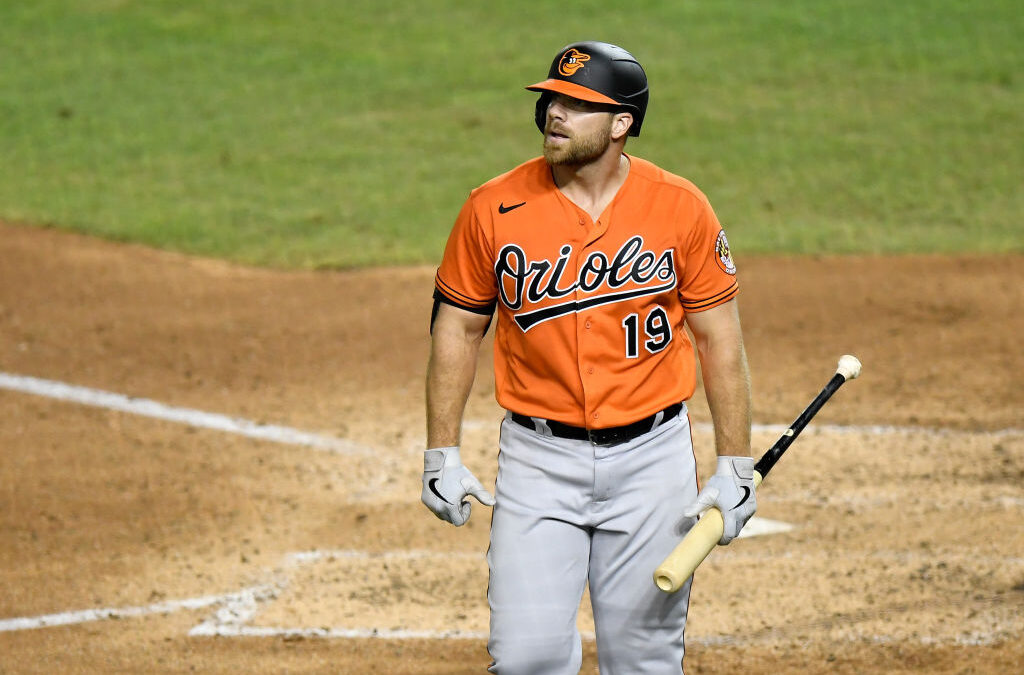
The Orioles often seem unwilling to swim in the deep end of the free-agent pool, so when they do decide to take a dip, it better work out. Chris Davis helped sink a franchise. Baltimore traded for Davis in 2011, and based on his first few years there, it looked like they may have landed the future centerpiece of their team. He was a multi-positional player who could hit for power (seasons with 33, 53, and 47 HRs), and make decent contact, so it was no surprise when the then 30-year-old signed an extension in 2016. Over the first 4 years of his contract, Davis struggled.
Both his batting average and home runs steadily declined while his strikeouts remained alarmingly high. In August 2021, due to injuries and declining production, Chris Davis retired. His contract, however, continues to live on. Due to deferments, Davis will continue to be paid until 2037.
Anthony Rendon, Los Angeles Angels (2019 – 7 years, $245 million)
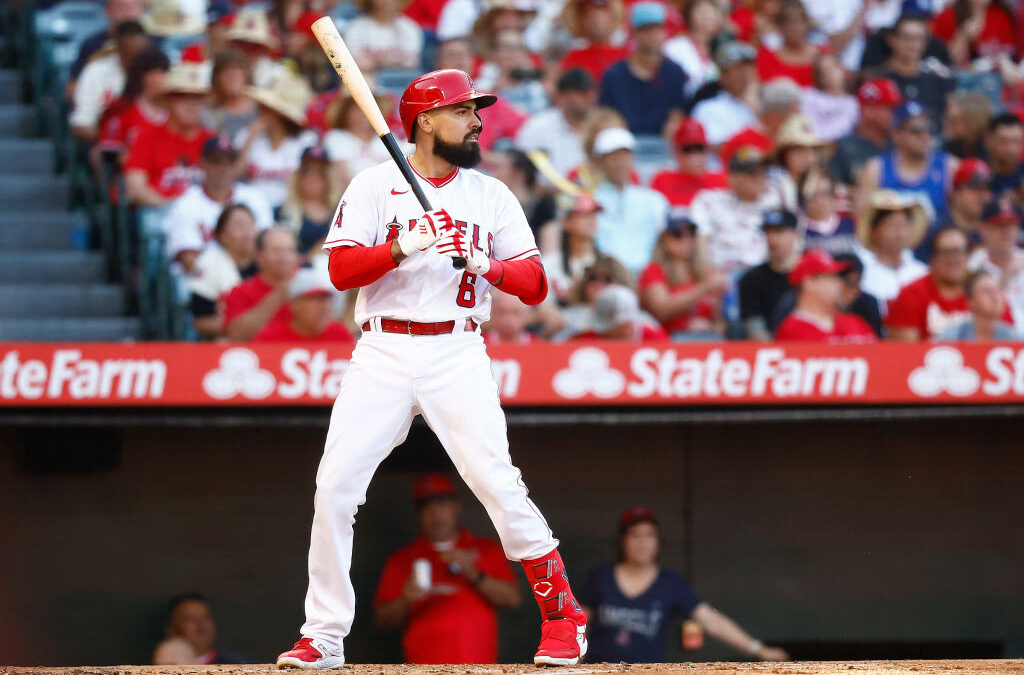
Anthony Rendon spent the first seven years of his career in Washington and compiled a stat line of .290 BA/136 HRs/546 RBIs, earning him a hefty payday from Los Angeles. The Angels were dreaming of an All-Star lineup pairing Rendon with Shohei Ohtani and Mike Trout. The third baseman has not kept up his end of the deal. Over the first 4 years of his contract, he has been limited to 200 out of a possible 546 games and has yet to play more than 58 games in a season. Rendon simply has not played enough to matter.
Click on ‘Follow Us’ and get notified of the most viral MLB stories via Google! Follow Us
In addition, except for the Covid shortened 2020 season, he has been unproductive when on the field. Over the last 3 seasons (2021-23) the third baseman has played 105 games and batted .235 with 11 HRs and 58 RBIs. Having all of that money tied up in injuries and low production prevents the organization from building a complete roster. Anthony Rendon’s contract has hindered the Angels’ ability to do just that.
Ryan Howard, Philadelphia Phillies (Contract Extension 2012 – 5 years, $125 million)
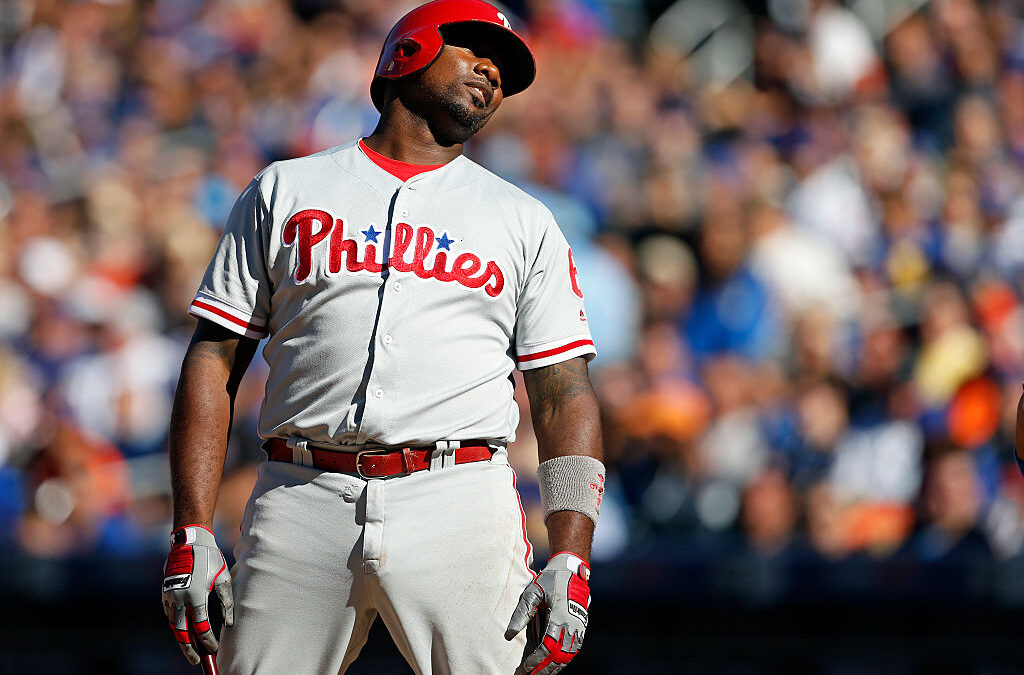
From 2005 through 2011 Ryan Howard was one of the best offensive threats in the game. He was a 3x All-Star, won the Rookie of the Year Award, an MVP Award, and a World Series championship. Howard looked like he was on his way to Cooperstown, so the Phillies looked like geniuses when they signed him to a 5-year, $125 million contract extension that would kick in for the 2012 season. Philadelphia had to believe that they had the anchor of their lineup secure. They were wrong. Beginning almost immediately in 2012, Howard’s production suffered.
He missed approximately half the season in 2012 and 2013, and over the length of the contract, only reached 25 home runs once, and it was in his final season. While the failed contract hasn’t stopped the Phillies from spending money, they seem to have learned their lesson from Ryan Howard’s failed deal.
Jacoby Ellsbury, New York Yankees (2013 – 7 years, $153 million)
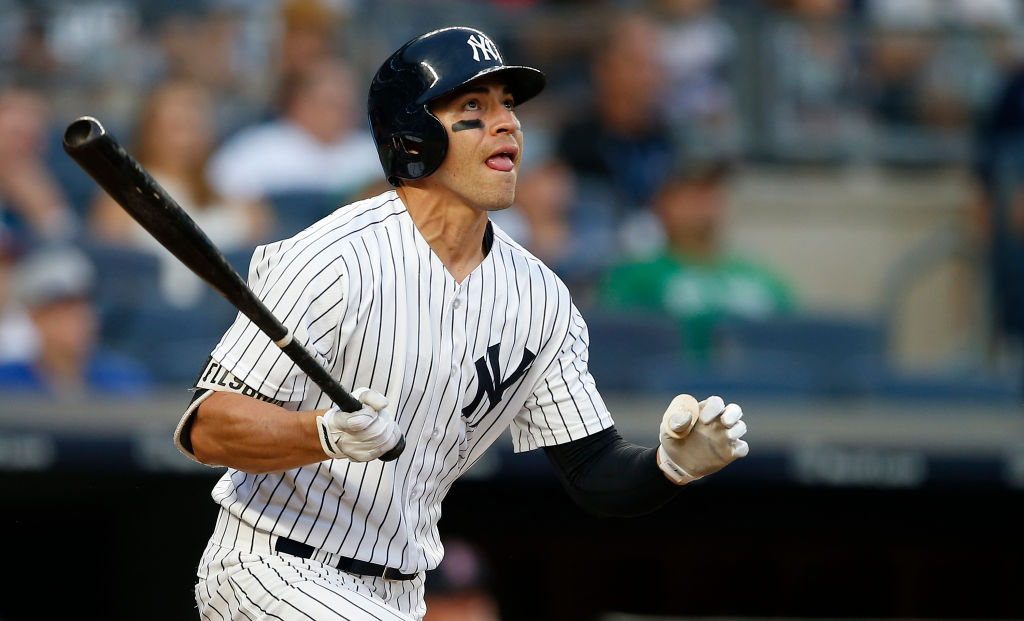
In 2013 the Yankees made the decision to sign Jacoby Ellsbury after they let Robinson Cano go to Seattle in free agency. The outfielder was coming from a successful 7-year run with Boston in which he hit .297 with 241 stolen bases and 314 RBIs. The $153 million the Yanks paid for Ellsbury was clearly an overreaction, and overpay, to losing Cano before he even put on the pinstripes, but once he took the field, things only got worse.
Ellsbury was often unproductive and injured during his time in the Bronx, not playing a game after 2017. The Bombers were eventually able to walk away from this mistake, but it cost them, both in money and in personnel. Having Ellsbury’s albatross of a dead contract prevented the newly financially conscious Yankees from pursuing several free agents, proving it was a mistake on many levels.
Bobby Bonilla, New York Mets (1992 – 5 years, $29 million)
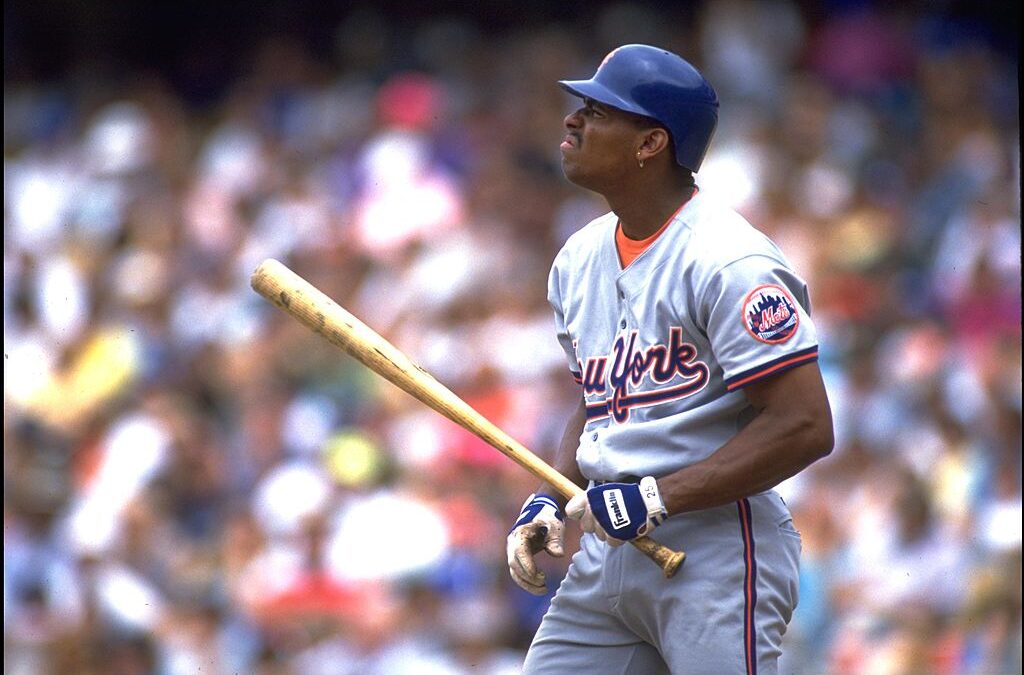
Unfortunately for the Mets and their fans, there were several options available to represent their team, and although Bobby Bonilla’s deal didn’t destroy the team, it was chosen simply because the Mets were still paying him. Three and a half years later the Mets traded him. Bonilla made his way back to Queens in 1999, but despite still owing $5.9 million, in 2000 the Mets cut Bonilla.
In an attempt at some clever math, the team agreed to defer the remaining money across 25 years, from 2011-35, with 8% interest. The stupidity of this deal has led to two things: the creation of Bobby Bonilla Day, celebrated every year on July 1st when he gets paid about $1.19 million. Second is a spot on our list for contributing to the Mets’ troubles and being an all-time financial blunder.
Stephen Strasburg, Washington Nationals (2019 – 7 years, $245 million)
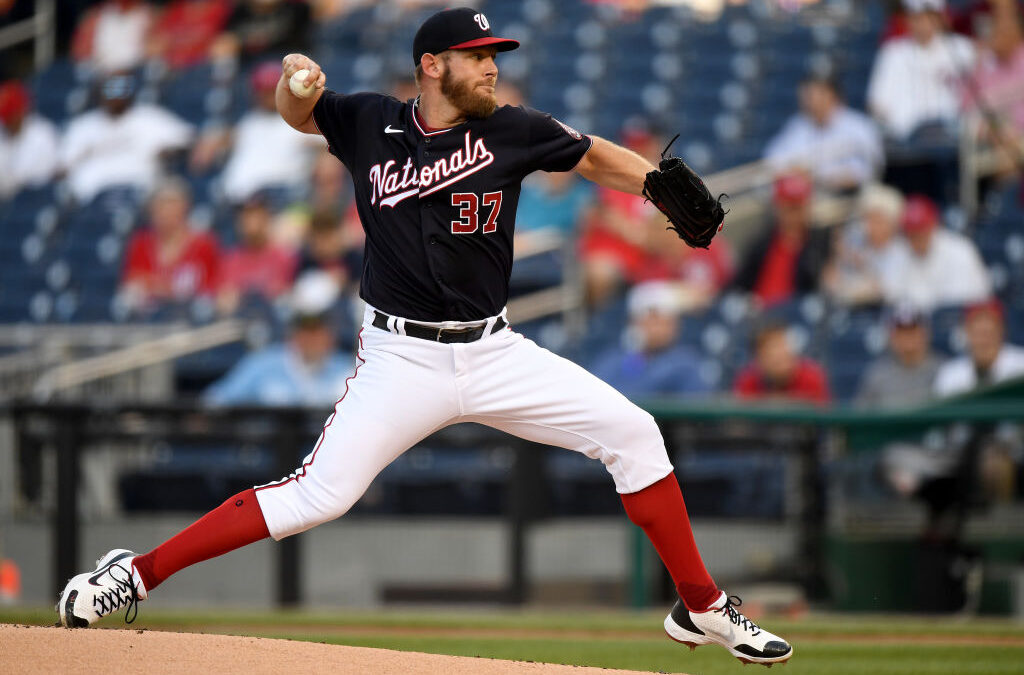
Stephen Strasburg debuted in 2010, and over his first 9 seasons, he was 84-45 with a 3.07 ERA, and 1,288 strikeouts in 1099.2 innings pitched. He was clearly the ace of the Nationals pitching staff, and his impressive 2019 season helped lead Washington to a World Series title. He capped off a season in which he went 18-6 with 251 strikeouts in a league-leading 209.0 innings, with winning World Series MVP honors as the Nats won their only World Series. Based on his performance through 2019 and age, he was 30, and Washington was right to lock up Strasburg long-term. In hindsight, that was the wrong move.
Since signing his massive deal, amid a myriad of injuries, he has made 8 starts, pitched 31.1 innings, and is 1-4 with a 6.89 ERA. Due to those injuries, he has not pitched since 2022. Three years and 1 win; that works out to $105 million for that one win, or $13.125 million per start, or… Do you see where I’m going? Was this contract a mistake? You tell me.
Robinson Cano, Seattle Mariners and New York Mets (2013 – 10 years, $240 million)
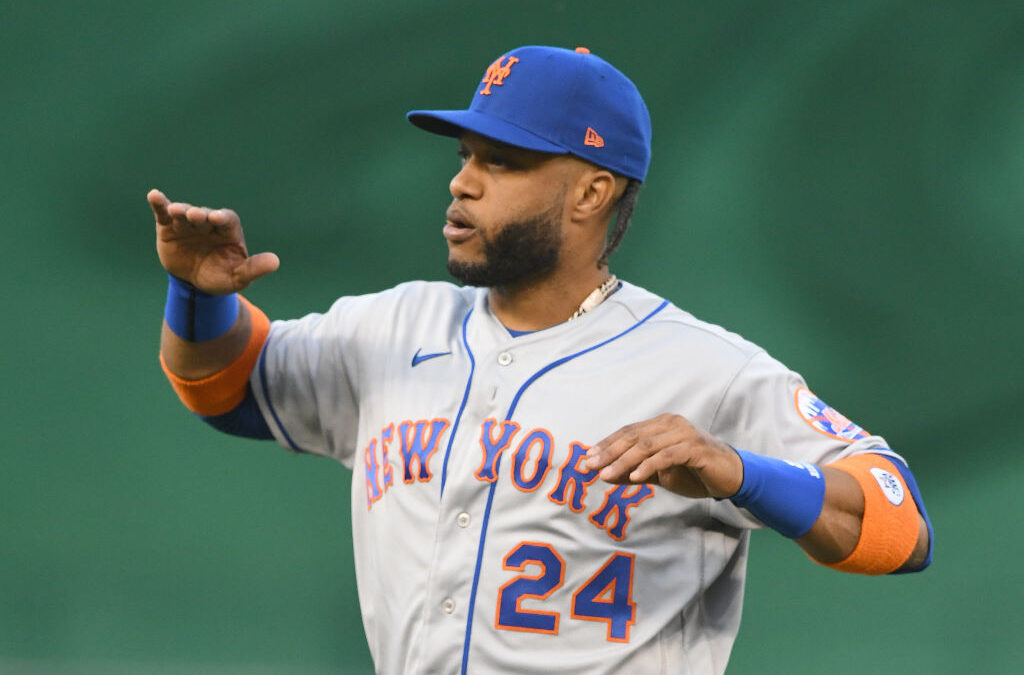
Robinson Cano had compiled a fairly impressive resume by the time he reached free agency at the conclusion of the 2012 season. When the Yankees wouldn’t meet Cano’s contract demands, after 9 seasons, Cano took his .309 BA, 204 HRs, 822 RBIs, and 5x All-Star status to Seattle. Other than some minor injuries, the first 4 seasons saw him hit .295 with 97 HRs and 361 RBIs, numbers that were aligned with his career pace. Flip the calendar to 2018, and Cano was suspended 80 games for taking a banned supplement. As part of a massive rebuild, the following offseason saw the Mariners trade Cano, another player, and cash to New York for a package of 5 players.
Now a problem for the Mets, Cano had a career-worst season in 2019. The second baseman showed flashes of his old self during the Covid shortened 2020 season, but during that offseason, he once again was suspended. This time it was for the entire 2021 season. The year away certainly didn’t help his skills, as the 2022 season would be Robinson Cano’s last, and he’d spend it on three different teams.
This entry on the list could’ve been called “Dumb and Dumber” except that title has already been used. The Mariners were “Dumb” to sign a then 31-year-old to a massive 10-year deal. Cano was never a great defender and would often take plays off during his time in NY. He was also good friends with Melky Cabrera and A-Rod, two people with their own issues. The Mets were “Dumber” for taking on his contract in order to get Edwin Diaz. What did they honestly think they were going to get from their $24 million a year, 36-year-old second baseman coming off a half-year suspension? Buyer beware!
Mike Hampton, Colorado Rockies (2000 – 8 years, $121 million)
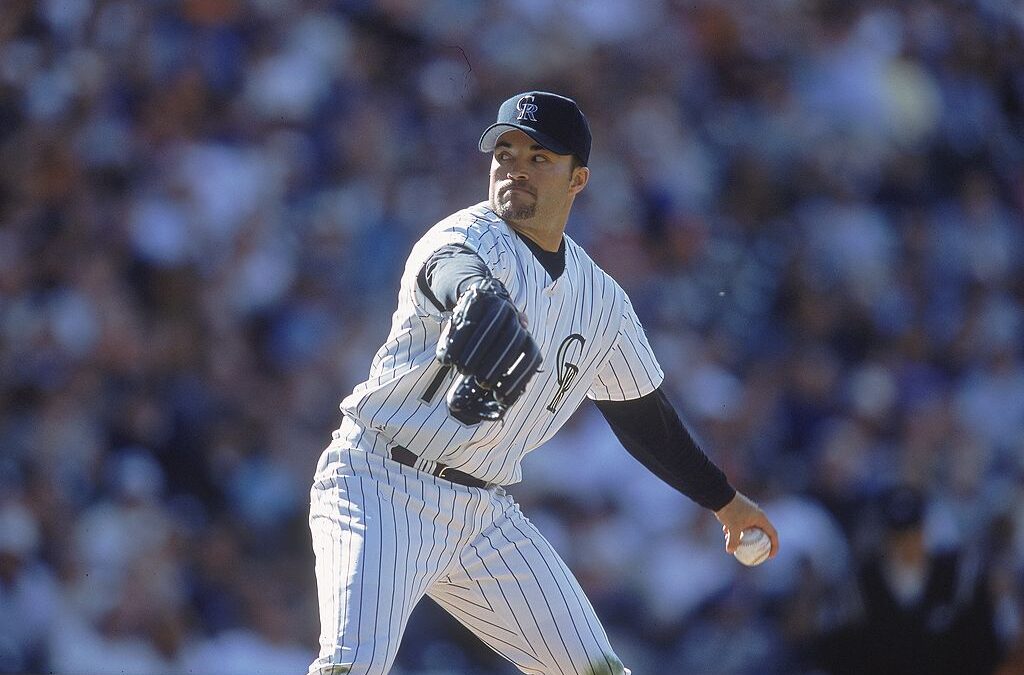
When the Rockies signed Mike Hampton to an 8-year, $121 million deal in 2000, they were hoping he would be the cornerstone of their pitching staff and lead the team to a World Series. Why wouldn’t they think that? In 1999 Hampton went 22-4 and followed that up in 2000 by going 15-10. Colorado was wrong. Over his first two years pitching in the thin air of the Rocky Mountains, Hampton started 62 games and had a record of 21-28 with a 5.75 ERA.
In 381.2 innings, the lefthander struck out 196 batters, walked 176, and allowed 464 hits. It only took two seasons for the Rockies to realize their mistake and trade Hampton. It wasn’t just his contract though, but the pairing with Denny Neagle that really hurt the Rockies. But we went with the Mike Hampton deal in this spot because he was the one who started the issues in Colorado.
Alex Rodriguez, New York Yankees (2007 – 10 years, $275 million)
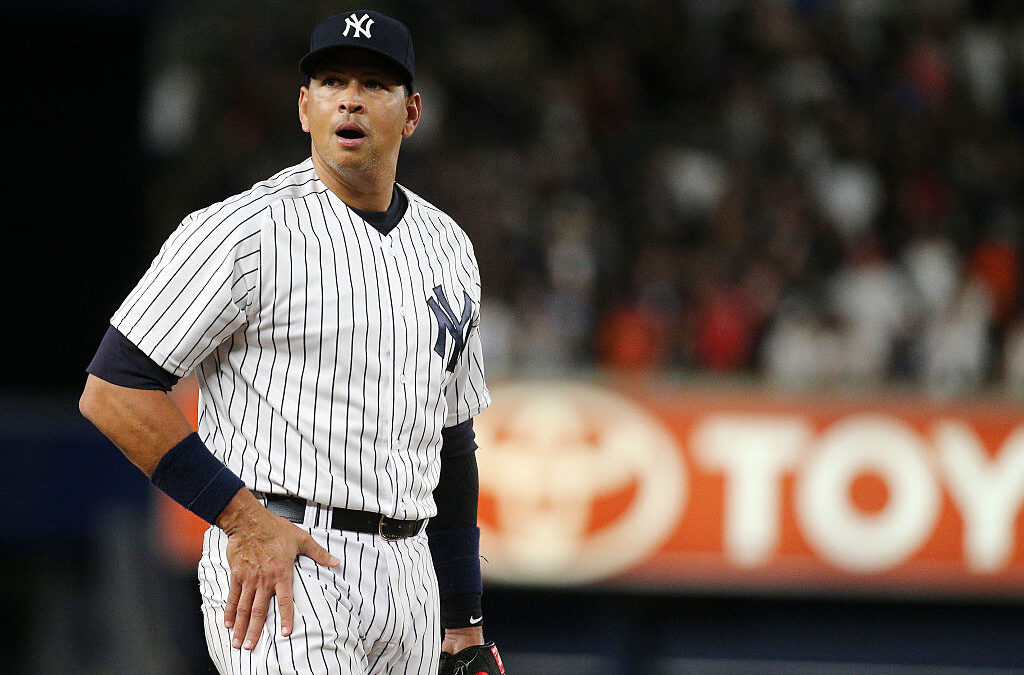
The Yankees have had many disastrous contracts over the years, but due to their financial might, they have always had the ability to overcome bad deals. However, as the Yanks entered the world of fiscal restraint there is one deal that stands out as weakening the team: Alex Rodriguez. In 2007 A-Rod opted out of his contract with the Yankees. They had their chance to walk away, but lured by Rodriguez’s pursuit of the homerun record, the Bombers re-signed him for 10 years.
While NY won a World Series in 2009, the eventual drama that revolved around A-Rod and steroids not only included denials, threats of lawsuits, suspensions, and eventual admissions, tainted his pursuit of history and cheapened both of their successes. New York should’ve walked away when they had the chance. The unfortunate money chase and hope of having a Yankee back atop the all-time home run leader list led the Yankees to throw massive amounts of money to dance with the devil. This deal was a massive mistake.
Josh Hamilton, Los Angeles Angels (2012 – 5 years, $125 million)
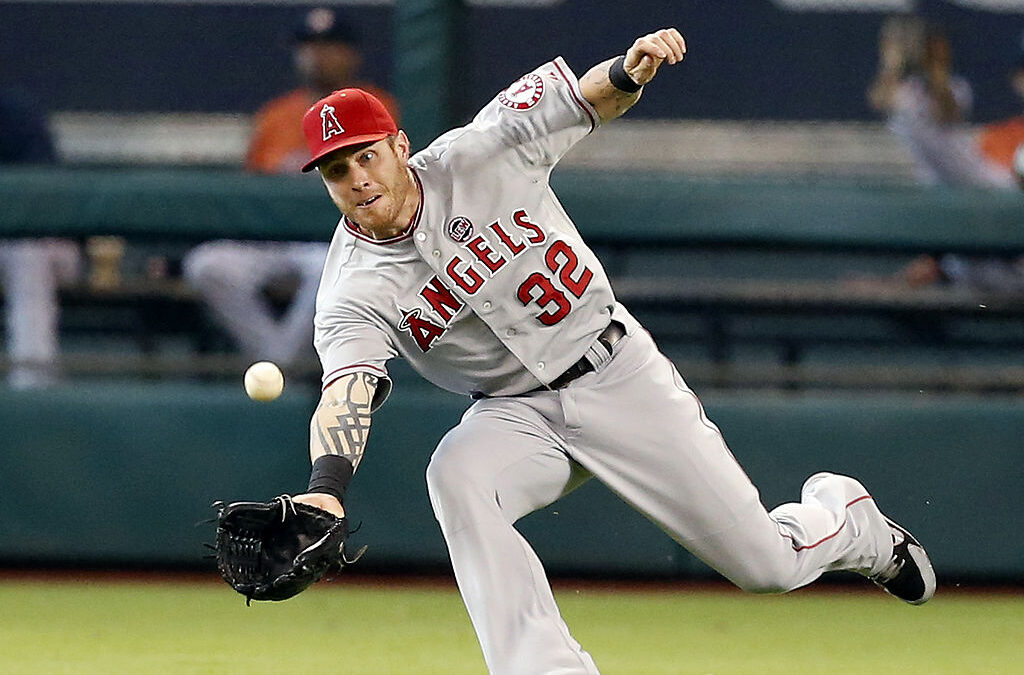
Since there were so many bad contracts to choose from, the Angels simply had too many options and I couldn’t decide on just one, so we will end our list with one more. A star athlete loses everything to drugs and alcohol, gets clean, comes back and wins an MVP, along with two more great seasons, and signs a lucrative free-agent contract. It’s a story of redemption, and it’s one that many Americans relate to, but the fairy tale for Josh Hamilton did not last once he signed with Los Angeles. He had an average first year with the Angels, but everything went wrong in year two. While out with an injury, it was reported that Hamilton relapsed.
The Angels owner reportedly wanted the outfielder gone immediately. He was subsequently traded back to Texas, but the Angels were still responsible for most of the money he was owed. This contract was simply a mistake for several possible reasons. It was a lot of money, it may not have been the best environment for a recovering addict, or it may have been too much pressure to live up to. Regardless, the Josh Hamilton deal ranks as one of the worst.


